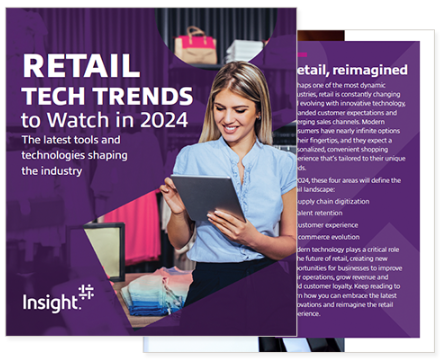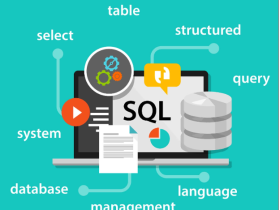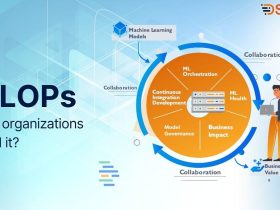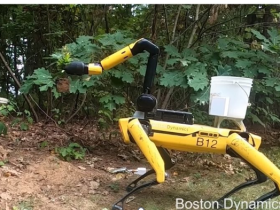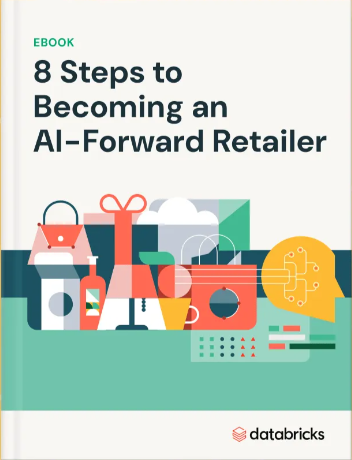Smart devices and IoT in retail are helping retailers improve the customer experience and drive more conversions by changing the way stores operate everyday. Energy management, theft prevention, in-store navigation and customer loyalty are some of the advantages of using IoT in retail. Read on to find out how.
The possibilities related to retail are truly endless – multi-channel, VR, AR, AI and IoT to name a few. This seems like a tough challenge for retailers, but they need to recognize the opportunities that lie behind this challenge. These opportunities can encourage retailers to look for newer and more efficient ways to meet their customers’ needs, streamline business processes, and improve end results.
Size of Internet of Things (IoT) hardware in the U.S. retail market from 2014 to 2025 (in billion U.S. dollars)* report by Statista
According to Grand View Research, Inc. report which has a CAGR of 21.5% over the forecast period, the global Internet of Things (IoT) in the retail market is projected to reach $ 94.44 billion by 2025. And according to Zebra’s 2017 retail vision survey, technology has significantly disrupted the retail sector. Currently, most retailers plan to invest in automation (57%), Internet of Things (70%), and machine learning / cognitive computing (68%) to enhance the customer experience. Let’s take a closer look at the adoption of this technology and what it means for investment and amortization.
IOT in Retail
Internet of Things (IoT) is a network of connected devices in which electronics, software, sensors, actuators, etc. It is embedded, with which these objects can collect and exchange data. Smart / IoT devices are already being used successfully in retail. This is a relatively inexpensive and easy-to-implement technology that can offer consumers more space than traditionally previously designed space. Whether it’s setting up a contactless point of sale system, using smart screens for communications or marketing, or providing remote assistance in-store, the options are endless for retailers looking to enhance your image, customer experience, and ultimately – your sales.
Inventory Management

With IoT, inventory management is no longer a vicious circle. This allows retailers to easily track their inventory levels and make smarter decisions when restocking their shelves. With IoT, you don’t have to hire someone to remind you when to fill certain products. All you have to do is set up notifications and receive this information in real time.
Smart Shelves

Sensor-based shelves make it easy to track inventory levels and product sales effectively by fully automating the process. If you’re on a budget, you can install a smart shelf in your store that will let you know when you’re not available. They will also help you change prices in a few minutes.
Automated online orders
What makes it even more attractive is that smart devices can be connected to your customer’s home. This makes it easier for some devices, eg. smart refrigerator, automatic ordering when fridge runs out of any products.
By connecting your customer’s home to your business via IoT, you not only provide them with an unmatched customer experience, but you are also building stable and mutually beneficial relationships that can lead to business growth.
Theft Prevention

More than $ 25 million in goods are stolen from retail stores every day, according to the National Association for the Prevention of theft (NASP). To solve the problem of retail theft and depreciation, merchants can use geo-fencing techniques.
Geo-fencing enabled in IoT devices or beacons can assist merchants in a number of ways. Starting from maintaining the safety of goods, tracking the movement of customers and employees, managing company property, to minimizing theft and loss.
Retail Future is Here
With global interoperability between desktop software, web, and mobile applications with multiple IoT-controlled devices, retail businesses are gradually shifting their assets from business to e-commerce. Combined with big data functionality, IoT automates services in retail, optimizes processes, and simplifies decision making. In general, retailers are tapping into the potential of IoT to connect consumers with products and products with sales.




